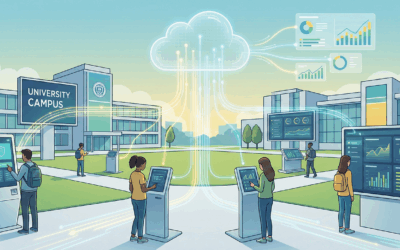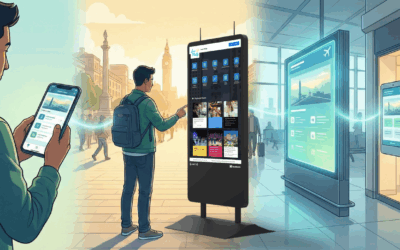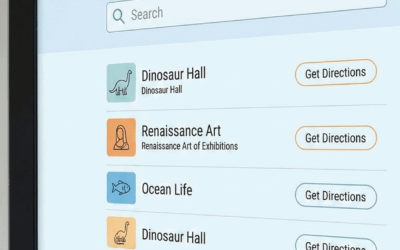The tourism sector has seen a significant shift towards experiences that are authentic, immersive, and deeply connected with the local culture. Travelers are no longer satisfied with the cookie-cutter, one-size-fits-all tourism products. Instead, they crave unique, personalized experiences that allow them to truly engage with the local culture and the place they are visiting.
Demand for Authentic Experiences
The demand for authentic experiences is reshaping the tourism industry. More and more travelers are seeking out destinations that offer immersive experiences rooted in local culture. However, meeting this demand presents significant challenges for Destination Marketing Organizations (DMOs).
- The rise of experiential travel – This trend has been driven by a growing demand for experiences that are meaningful, engaging, and transformative.
- The importance of authenticity – Authenticity is now a critical factor in the decision-making process of travelers, influencing where they go, what they do, and how they spend their time and money.
- Shift in traveler preferences – Today’s travelers want to go beyond the typical tourist attractions. They want to explore off-the-beaten-path destinations, interact with locals, and immerse themselves in local culture.
- Importance of local culture – For many travelers, experiencing local culture is an essential part of their trip. They want to eat local food, attend local events, and learn about local history and traditions. Creating an environment where they can advertise effectively can also be a challenge.
- Challenges for DMOs – Meeting these demands requires DMOs to have a deep knowledge of local culture and the ability to present it in an engaging and accessible way.
This is important because DMOs play a crucial role in promoting and shaping the image of a destination, influencing travelers’ perceptions, and attracting visitors.
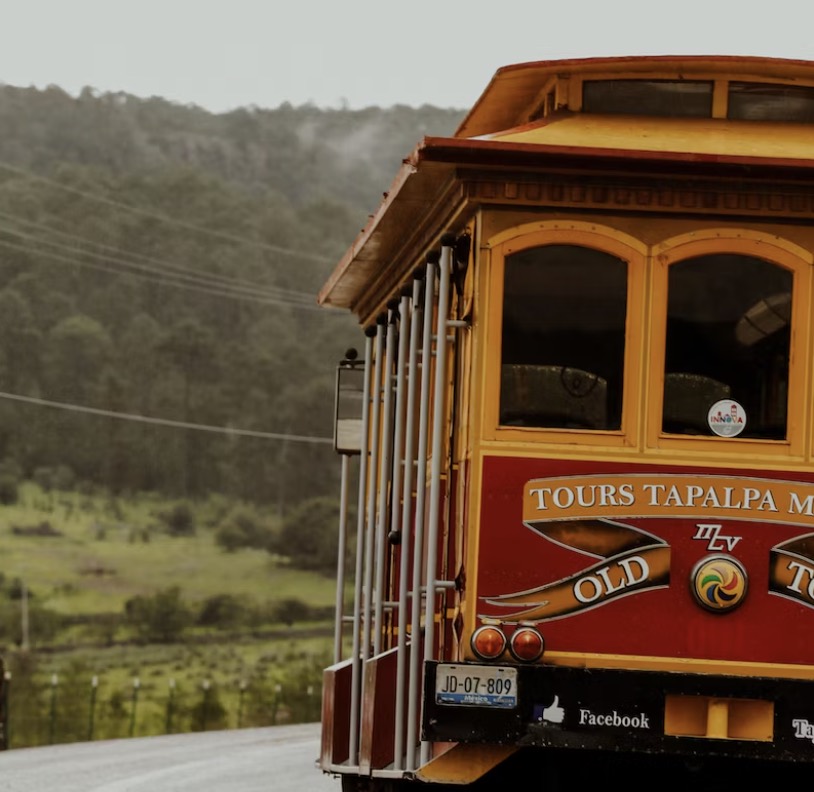
Examples of Authentic Experiences for Tourism and Travel
- Culinary Tours – Food is at the heart of every culture, and culinary tours offer travelers an opportunity to taste unique local flavors. Perfect for foodies and gastronomes, these tours might include visiting local markets, cooking classes with regional chefs, or dining at locally-loved establishments.
- Local Festivals and Events – Attending local festivals or events allows tourists to witness and participate in cultural traditions firsthand. Ideal for travelers seeking a deep cultural immersion, these could range from music festivals, and traditional ceremonies, to artisanal craft fairs.
- Historical Walks – Guided historical walks through local landmarks or neighborhoods serve history buffs and curious travelers alike. These walks provide an opportunity to learn about local history, architecture, and folklore.
- Volunteer Programs – Engaging in local volunteer programs provides travelers with a firsthand understanding of the community’s needs. These programs suit the socially-conscious traveler keen on making a positive impact on their journey.
- Artisan Workshops – Workshops where visitors can learn local crafts from artisans, and serve those who are interested in arts and crafts. This can range from pottery making to weaving to traditional painting lessons.
- Wildlife Tours – Wildlife tours that focus on local fauna and flora cater to nature enthusiasts and animal lovers. These tours could include birdwatching, wildlife safaris, or marine life explorations.
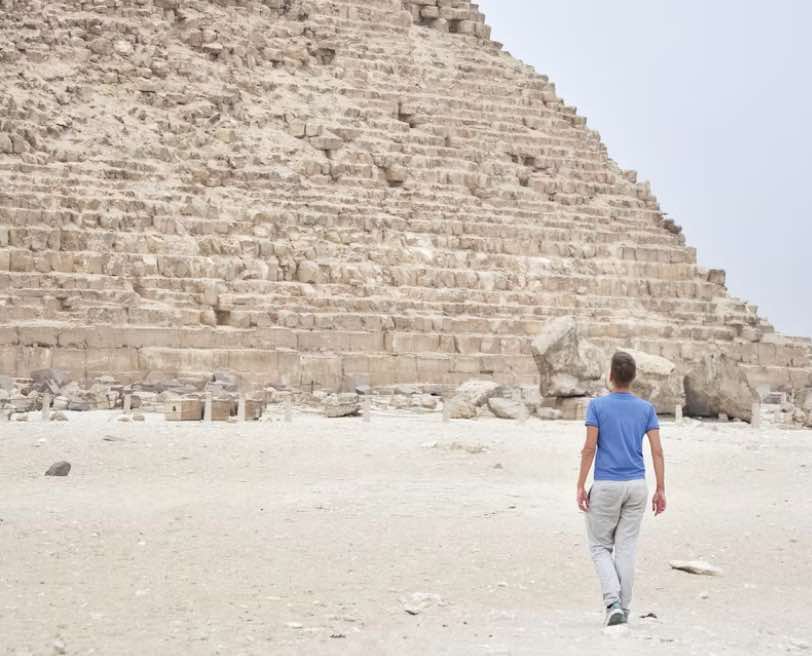
The Role of Digital Kiosks in Enhancing Visitor Immersion
Digital kiosks can play a vital role in helping DMOs meet the demand for authentic experiences. These interactive displays can provide visitors with access to a wealth of local information and cultural insights.
- Functionalities of digital kiosks – Digital kiosks can provide maps, event listings, restaurant recommendations, and more. They can also include multimedia content such as videos, photos, and audio guides that bring local culture to life.
- Facilitating access to local culture – By providing easy access to local information, digital kiosks can help tourists immerse themselves in local culture. They can explore local attractions, discover hidden gems, and engage with local stories and traditions.
- Successful implementations – Cities around the world are using digital kiosks to promote local culture. For example, New York City’s LinkNYC kiosks provide free Wi-Fi, phone calls, and local information, while London’s InLinkUK kiosks offer similar services plus local news and weather.
Imagine a scenario where a traveler uses a digital kiosk to discover and attend a local food festival, try out traditional dishes, learn about the history of the cuisine, and interact with locals. Digital kiosks can enhance visitor immersion in local culture by providing easy access to authentic experiences. With the correct wayfinding software, you can direct your tourists in ways that will enhance their experience.
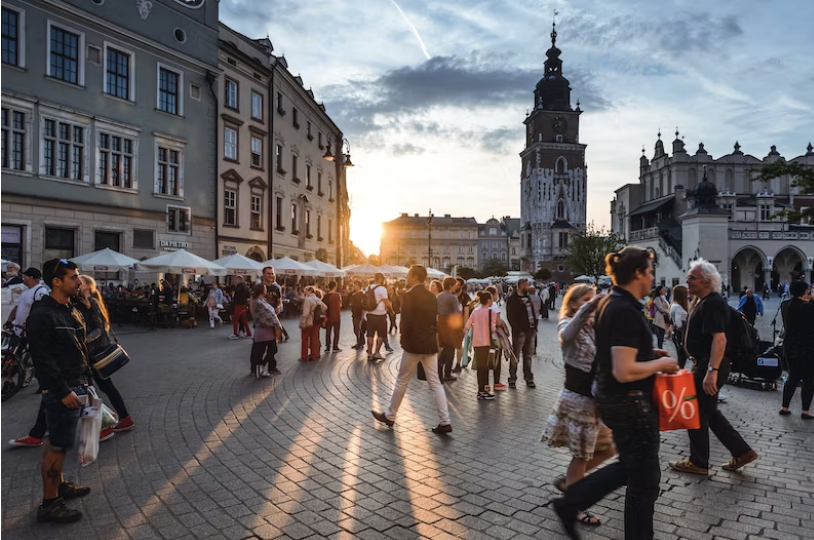
Benefits of Digital Kiosks for DMOs
Digital kiosks offer significant benefits for DMOs. They can improve visitor engagement, provide valuable data and insights, and help DMOs better understand and meet visitor preferences.
- Improved engagement – Digital kiosks can make local culture more accessible and engaging for visitors. They can provide interactive experiences that captivate tourists and encourage them to explore and learn more about local culture.
- Data analytics – Digital kiosks can also collect data on user behavior, providing valuable insights into visitor preferences and trends. This data can help DMOs tailor their offerings to better meet the needs and desires of travelers.
- Get the information where they are – Digital kiosks are placed in high-traffic areas, making them easily accessible to visitors. This means tourists can access local information and experiences at their convenience, without having to seek it out.
- Cost-effective – Compared to traditional marketing methods, digital kiosks offer a cost-effective way for DMOs to promote local culture. With minimal maintenance costs and the ability to reach a large audience, they offer an efficient way to showcase a destination’s unique offerings.
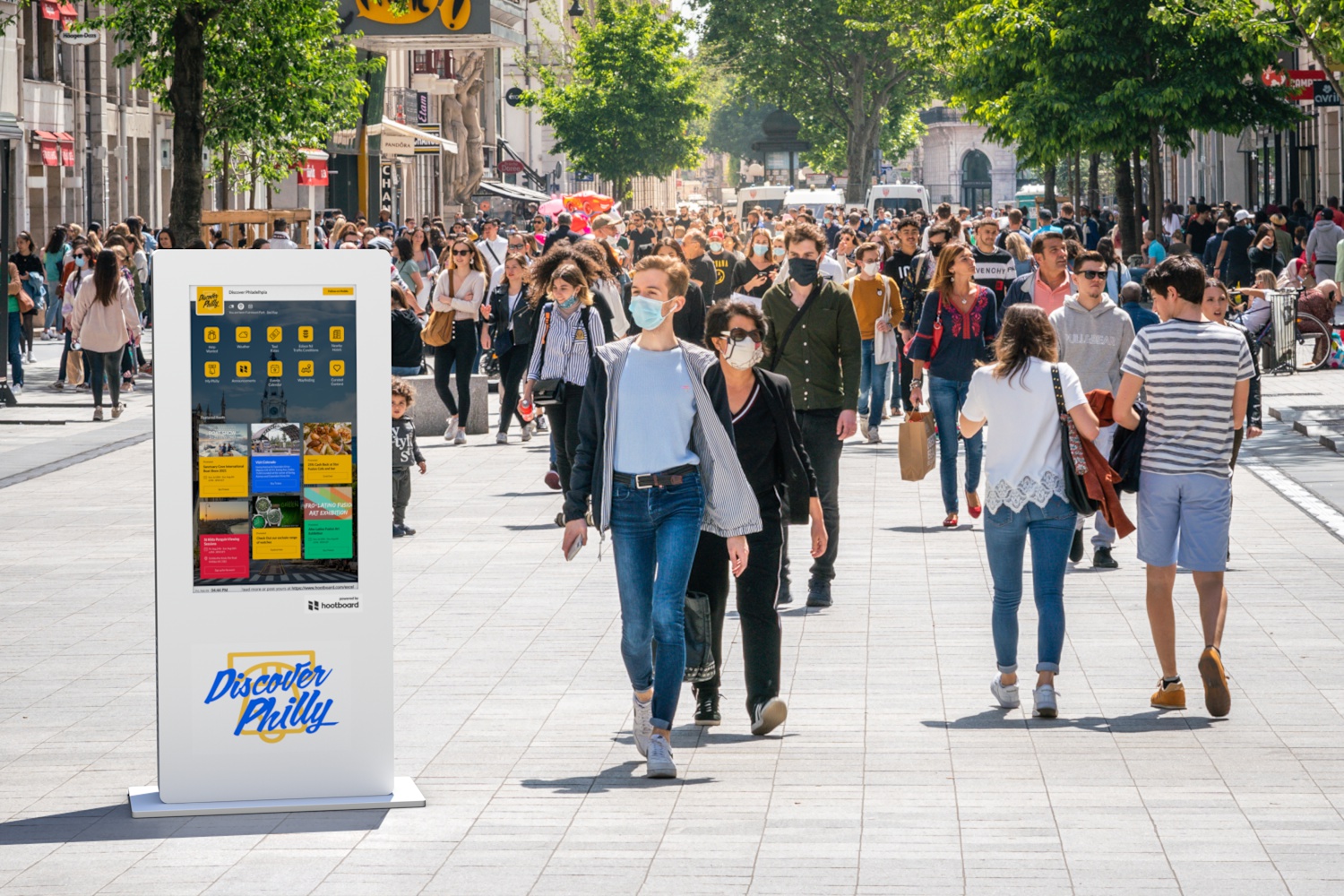
Conclusion
Digital kiosks offer a powerful tool for enhancing visitor immersion in local culture and meeting the growing demand for authentic experiences. By leveraging this technology, DMOs can create more engaging, personalized, and culturally rich experiences for travelers.


